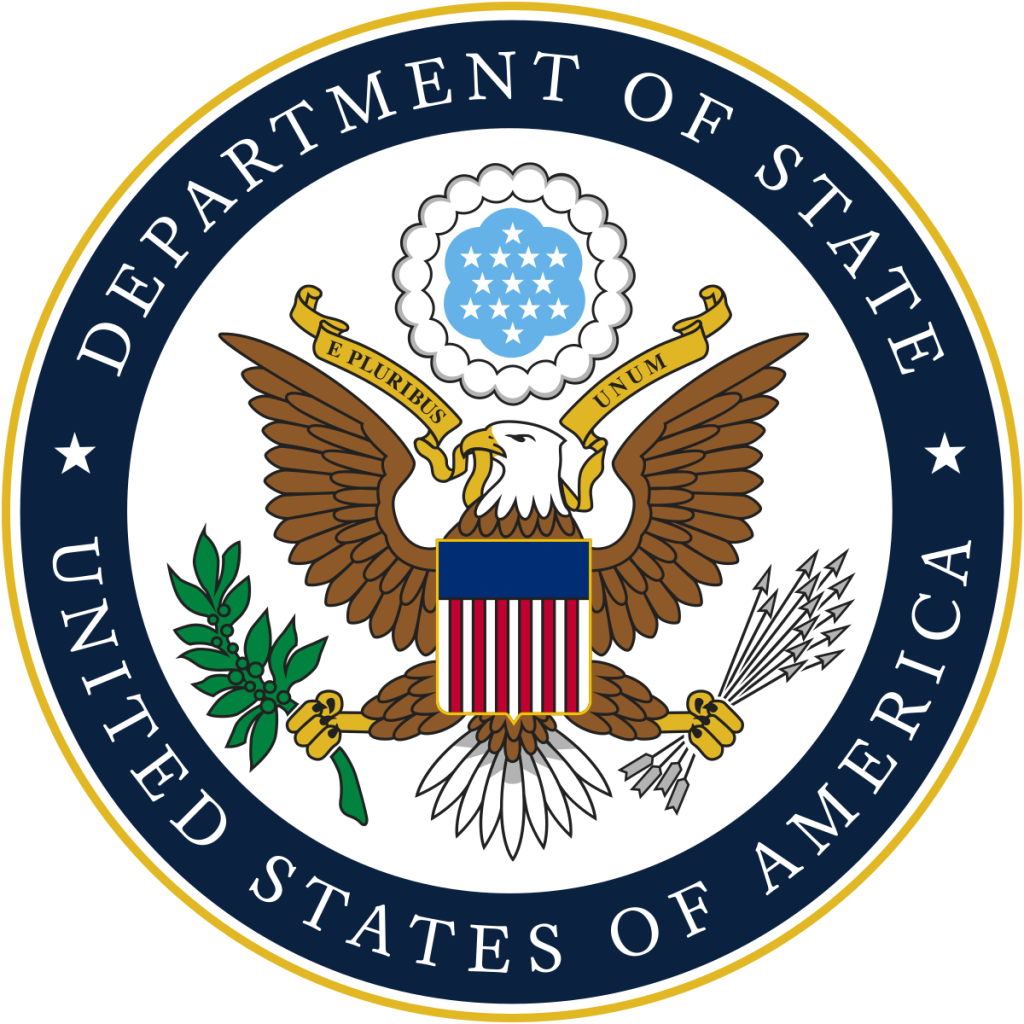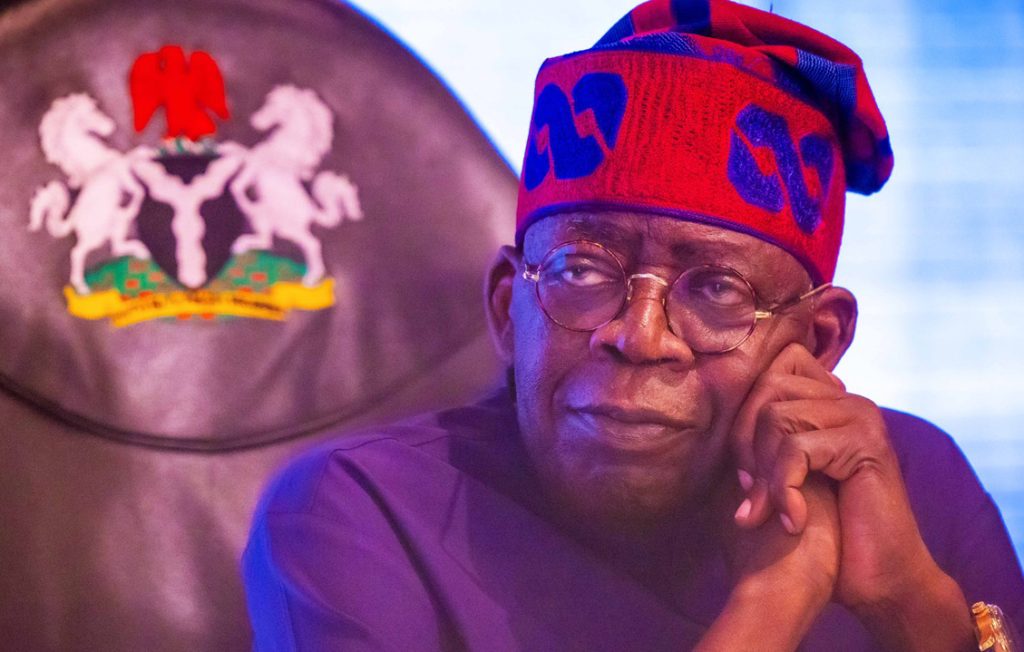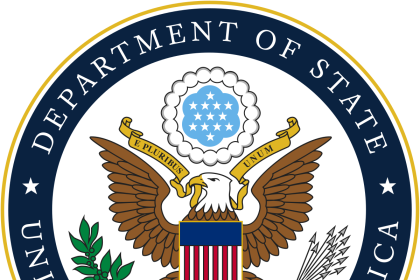

Impunity for Human Rights Violation, Corruption, huge problem in Nigeria, says U.S. State Department
*’There are credible reports of arbitrary and unlawful killings, extrajudicial killings; torture or cruel, inhuman, or degrading treatment or punishment by the government’
*’There exist serious problems with the independence of the judiciary; arbitrary or unlawful interference with privacy; serious abuses in a conflict, unlawful or widespread civilian deaths or harm, enforced disappearances or abductions, torture, and physical abuses’
*’There are serious restrictions on freedom of expression and media freedom, including violence or threats of violence against journalists and enforcement of criminal libel laws to limit expression; serious government corruption; extensive gender-based violence, including domestic or intimate partner violence, sexual violence, child, early and forced marriage’
*’Prison and detention center conditions were harsh and life threatening due to gross overcrowding, inadequate medical care, and food and water shortages. Lack of potable water, inadequate sewage facilities, and overcrowding sometimes resulted in dangerous and unsanitary conditions’
*BY TAO LEBADE/MEDIA Correspondent, Washington DC & GEORGE ELIJAH OTUMU/AMERICA Senior Investigative Editor, NAIJA STANDARD NEWSPAPER
IN ITS UPDATED 2023 Country Reports on Human Rights Practices in Nigeria, the U.S. Department of State on its website stated that Nigeria is engrossed in impunity-particularly in the area of Human Rights violation, corruption in government places.
The detailed report read: “The U.S Department of State have found significant human rights issues included credible reports of: arbitrary and unlawful killings, including extrajudicial killings; torture or cruel, inhuman, or degrading treatment or punishment by the government; harsh and life-threatening prison conditions; arbitrary arrest or detention; serious problems with the independence of the judiciary; arbitrary or unlawful interference with privacy; serious abuses in a conflict, including reportedly unlawful or widespread civilian deaths or harm, enforced disappearances or abductions, torture, and physical abuses;
“There are serious restrictions on freedom of expression and media freedom, including violence or threats of violence against journalists and enforcement of criminal libel laws to limit expression; serious government corruption; extensive gender-based violence, including domestic or intimate partner violence, sexual violence, child, early and forced marriage, female genital mutilation/cutting, and other forms of such violence; enforcement of laws criminalizing consensual same-sex sexual conduct between adults; and existence of any of the worst forms of child labor.”
The report said though the government took credible steps to identify and punish officials who may have committed human rights abuses, but impunity for such abuses and corruption was a problem.
It listed that “nonstate actors committed arbitrary and unlawful killings, disappearances, physical abuse, and other mistreatment. Boko Haram and the Islamic State in West Africa continued attacks on civilians, military, police, humanitarian, and religious targets; unlawfully recruited and forcefully conscripted child soldiers; and carried out scores of attacks on population centers in the North East region. Abductions by Boko Haram and the Islamic State in West Africa continued. Both groups subjected many women and girls to gender-based violence, including forced marriages, sexual slavery, and rape.
“The government investigated attacks by Boko Haram and the Islamic State in West Africa and took steps to counter the growth of the insurgency. Individuals believed to be associated with the Eastern Security Network, the armed wing of the separatist group the Indigenous People of Biafra, staged attacks on security personnel, civilians, and government offices, including police stations in the South East region. Criminal gangs killed civilians and conducted mass kidnappings that particularly targeted school-age children in the North West region. Authorities attempted to investigate and prosecute such actions.”
This report critique actions taken by some state governor, when it said: “Some state governments created quasi-independent security forces. These forces tended to be from the same geographic area or ethnic group. Support from the federal government varied from tacit acceptance to outright hostility. There was minimal accountability for these groups, and they operated with near impunity. In the South West region, the Western Nigeria Security Network, known as Amotekun, operated in the states of Ekiti, Lagos, Ogun, Ondo, Osun, and Oyo. In May, the People’s Democratic Party accused Amotekun of killing two individuals that month in Ondo State, including one child. Courts disbanded another security group, Ebubeagu Security Network, over its human rights abuses.
“Prison and detention center conditions were harsh and life threatening due to gross overcrowding, inadequate medical care, and food and water shortages. Lack of potable water, inadequate sewage facilities, and overcrowding sometimes resulted in dangerous and unsanitary conditions. Disease was pervasive in cramped, poorly ventilated prison facilities, which had chronic shortages of medical supplies. Inadequate medical treatment caused some prisoners to die from treatable illnesses, such as HIV and AIDS, malaria, and tuberculosis. Although authorities attempted to isolate persons with communicable diseases, facilities often lacked adequate space, and inmates with these illnesses lived with the general prison population. Prisons provided limited health care to inmates and transferred seriously ill prisoners to government hospitals. Generally prison officials made few efforts to provide mental health services or other accommodations to prisoners with mental disabilities (see section 6, Persons with Disabilities).
“Only prisoners with money or support from their families had sufficient food. Prison employees sometimes stole money provided for prisoners’ food. Poor inmates sometimes relied on handouts from others to survive. Prison employees, police, and other security force personnel sometimes denied inmates food and medical treatment to punish them or extort money.
“The constitution and law prohibited arbitrary arrest and detention and provided for the right of any person to challenge the lawfulness of their arrest or detention in court. The government sometimes did not observe these requirements. The constitution and law provided for an independent judiciary, but the government did not respect judicial independence and impartiality. The judicial branch was susceptible to pressure from the executive and legislative branches as well as business interests. There were reports political leaders influenced the judiciary, particularly at the state and local levels. There was a widespread public perception judges were easily bribed.
“State and local governments forcibly evicted some residents and demolished their homes, often without sufficient notice or compensation, and sometimes in violation of court orders. The law prohibited such actions, but there were reports the government failed to respect such prohibitions. At times, police entered homes without judicial or other appropriate authorization.”
Report claimed the nongovernmental organization (NGO) Freedom House reported several government agencies purchased spyware that allowed them to monitor cell phone calls, texts, and geolocation.
DONATE TO HELP BUILD A SPECIAL APPS FOR JOURNALISTS AGAINST LIVER ELEVATION & KIDNEY FAILURE:
CERTAINLY, Good journalism costs a lot of money. Without doubt, only good journalism can ensure the possibility of a good society, an accountable democracy, and a transparent government. We are ready to hold every corrupt government accountable to the citizens. To continually enjoy free access to the best investigative journalism in Nigeria, we are requesting of you to consider making a modest support to this noble endeavor.”
By contributing to NAIJA STANDARD NEWSPAPER, you are helping to sustain a journalism of relevance and ensuring it remains free and available to all without fear or favor.
Your donation is voluntary — please decide how much and how often you want to give. For offline donation, email: letters@nigeriastandardnewspaper.com or call +2348037128048 (Nigeria) or +16825834890 (United States of America)



